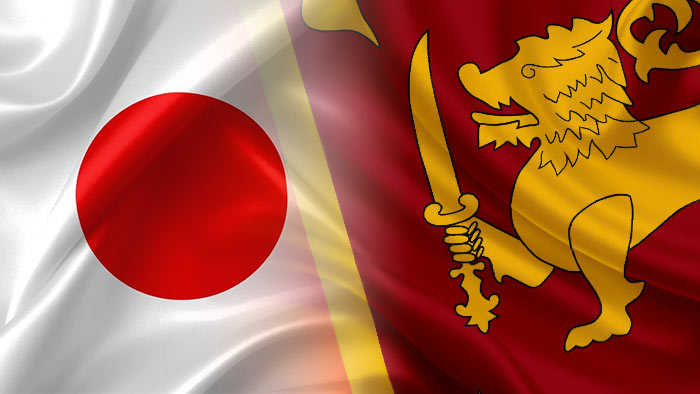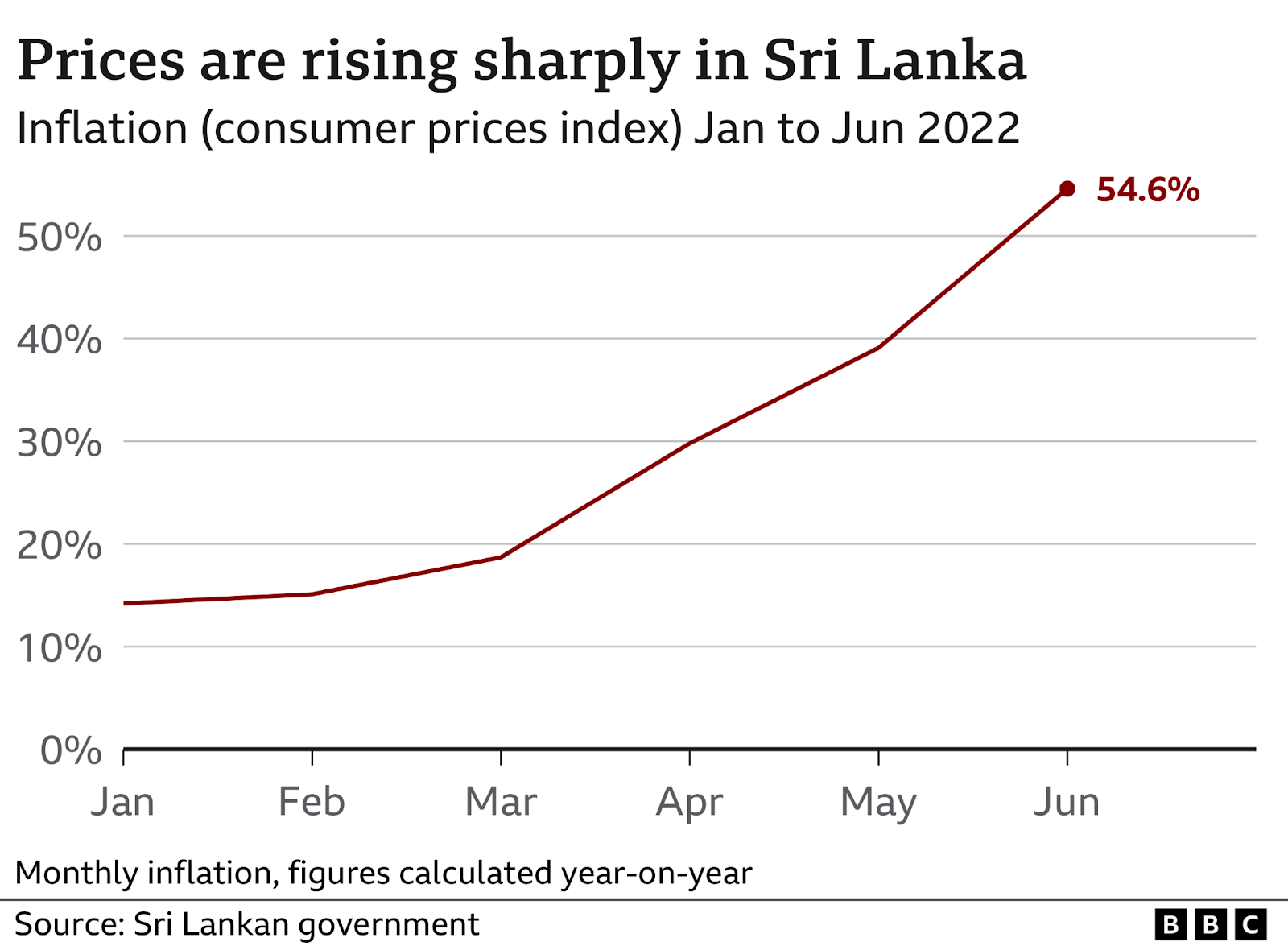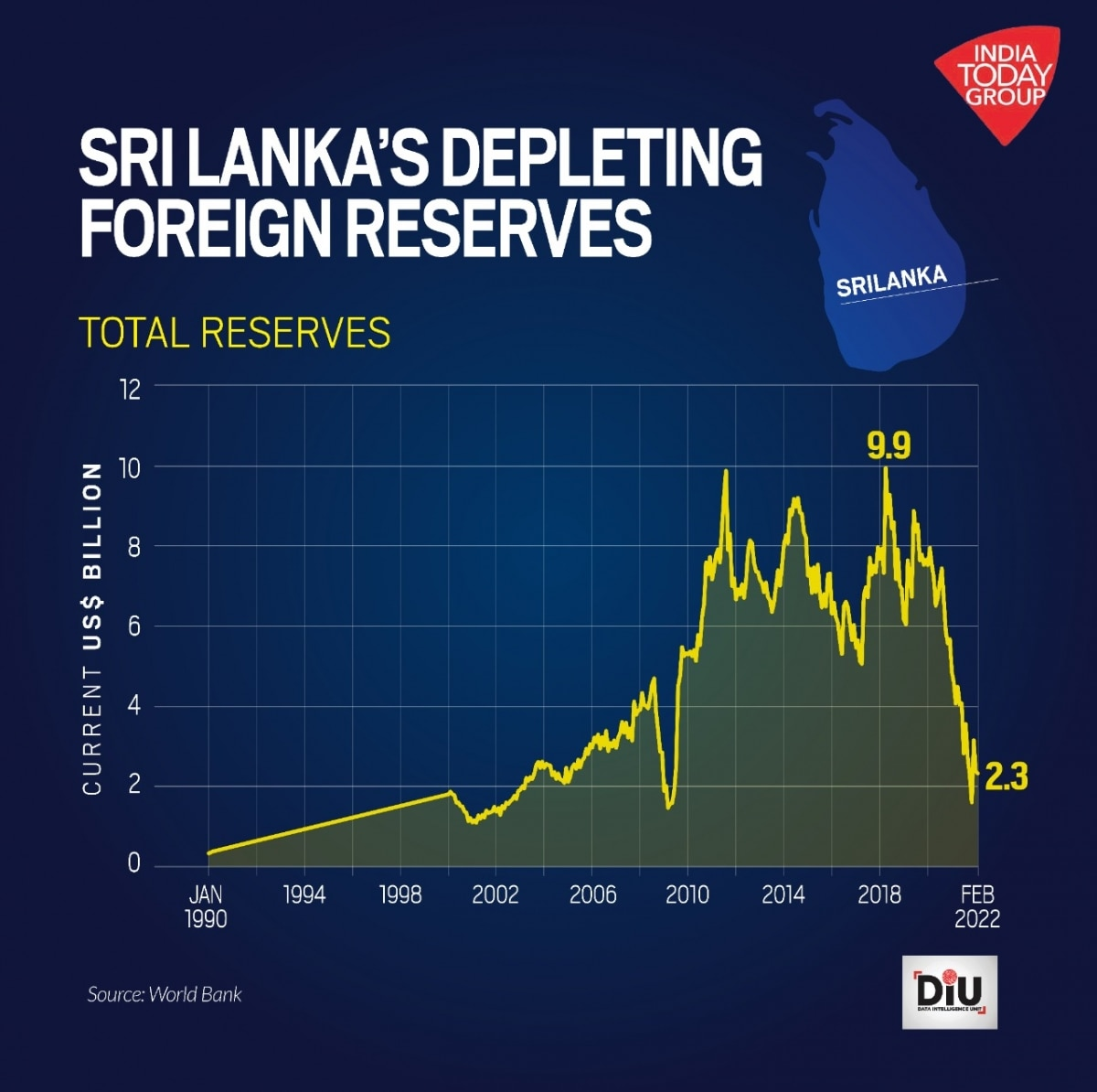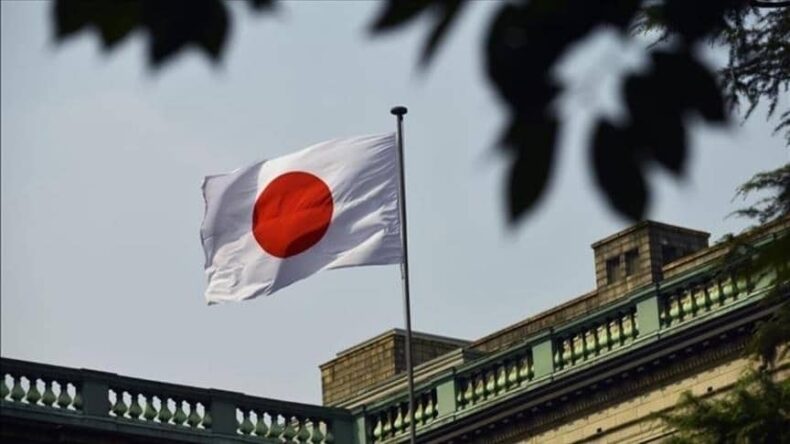
Japan and Sri Lanka
A government official in Tokyo said on Thursday that Japan and Sri Lanka’s creditors have not yet agreed to co-chair a debt summit as the island nation attempts to find a path out of a dire economic crisis.
Around $30 billion in foreign debt must be renegotiated by Sri Lanka, especially with bilateral creditors including China, Japan, and India, with one of them likely to serve as co-chair.
“We have not come to such a compromise. Despite their positive thinking, the scenario is still the same “Under the condition of anonymity, a senior Japanese government official with knowledge of the issue informed.
Tokyo’s denial came less than an hour after the office of Sri Lankan President Ranil Wickremesinghe announced that Japan had agreed to co-chair the meeting with negotiators on Thursday.
Later, Wickremesinghe’s administration clarified that Sri Lanka has asked Japan to co-chair the conference. According to Wickremesinghe’s office, Japan would also assist Sri Lanka in its loan restructuring process.
The Japanese government official stated that “Japan will stand ready to provide full support for Sri Lanka’s debt restructuring provided that relevant conditions are met.”
Due to severely depleted foreign exchange reserves, Sri Lanka is currently experiencing its worst economic crisis in decades, which has resulted in protracted shortages of necessities like food and fuel.
Japan has about $3.5 billion of Sri Lanka’s total $10 billion bilateral debt, or 4.4% of Sri Lanka’s GDP, according to government and IMF figures.
Sri Lanka’s dire Economic Crisis

Sri Lanka, an island nation, is now going through a persistent economic crisis that started in 2019. This nation is currently going through its biggest economic crisis since obtaining independence in 1948.
Unprecedented levels of inflation, a close to complete depletion of foreign exchange reserves, a shortage of medical supplies, and an increase in the cost of essential commodities are the results.

Many interrelated reasons are triggering the crisis, including tax cuts, banknote printing, national initiatives to convert to organic farming, the 2019 Easter bombings in Sri Lanka, and the impact of the COVID-19 pandemic in Sri Lanka.
Watch the video here to know more about the crisis of Sri Lanka:













